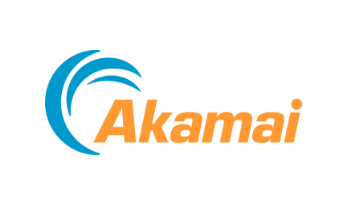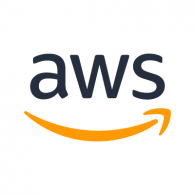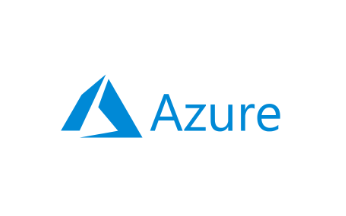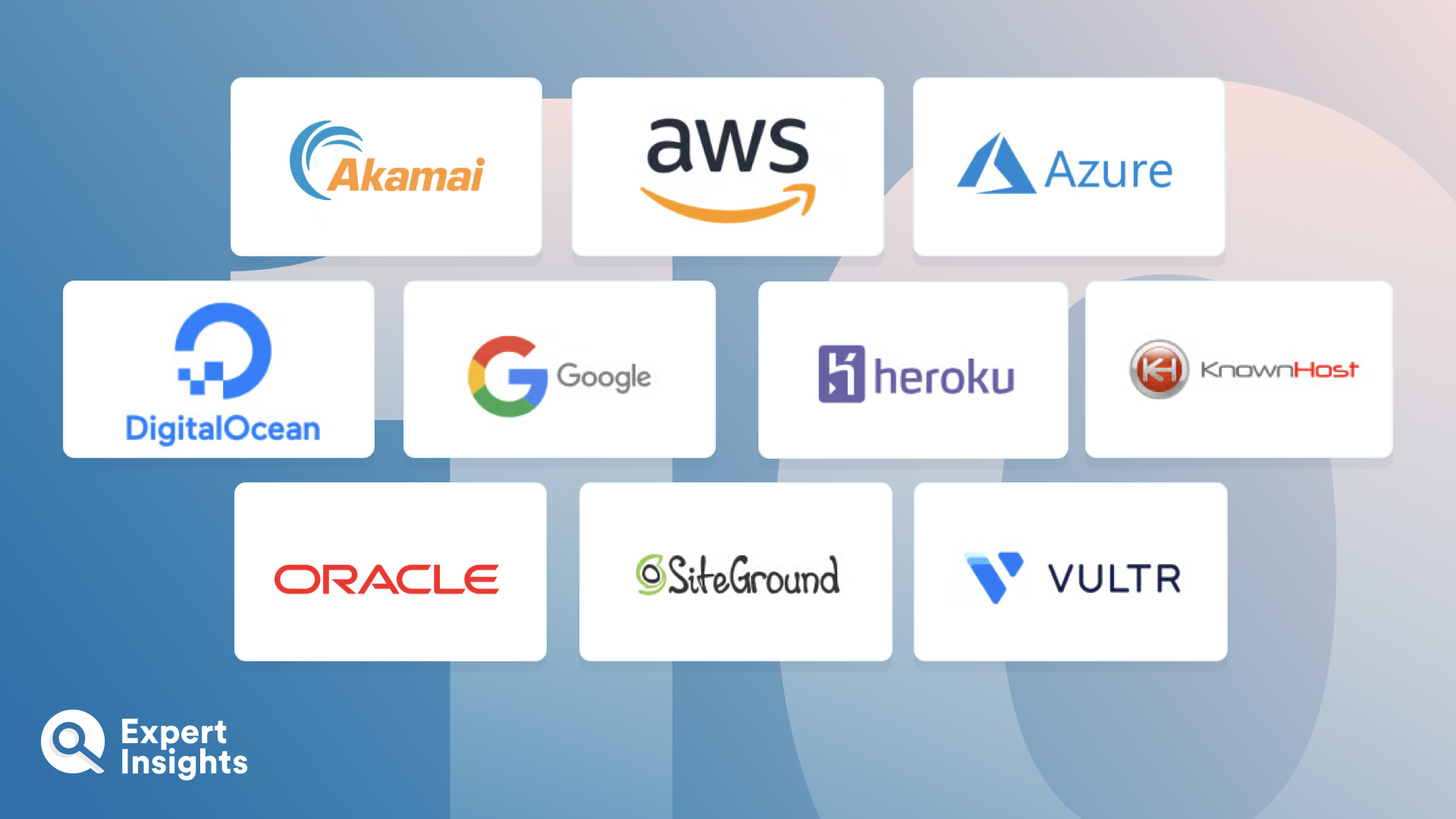Cloud hosting services provide virtual server instances, dedicated resources, and a scalable infrastructure for businesses running applications and websites. As organizations shift their IT infrastructure to the cloud, they need reliable, high-performance, and secure cloud hosting services that meet their needs.
Whether you are looking to host your first website or move your current site away from a traditional hosting plan, cloud hosting offers a range of benefits to consider, including:
- It is beginner friends and doesn’t require users to have prior technical knowledge
- If one server were to fail, another in the network would step in as a backup so the website is kept online and available at all times
- Traffic handling responsibilities are spread across cloud web services to ensure high performance is maintained
- Since bandwidth, data storage, and computing power don’t need to be shared, cloud hosting can provide more scalability than traditional hosting services
- The use of virtual machines reduces the likelihood of malfunctions and other network outages
With so many providers in the market, choosing the right cloud hosting provider can be challenging. Businesses need to consider various aspects, such as data center locations, performance, security, cost, and support, to make the best decision for their needs. This guide will explore our picks for the top cloud hosting providers, which were chosen based on their features, services, and customer feedback.
















